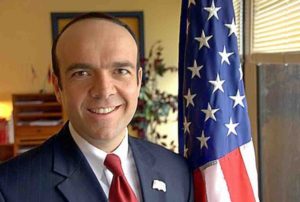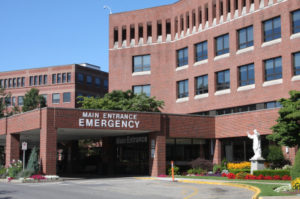DPW Announces Fee Schedule Changes
The Pennsylvania Department of Public Welfare has issued a Medical Assistance Bulletin detailing changes in the fee-for-service fee schedule. The changes take effect immediately.
Read the bulletin with the changes here .
.







